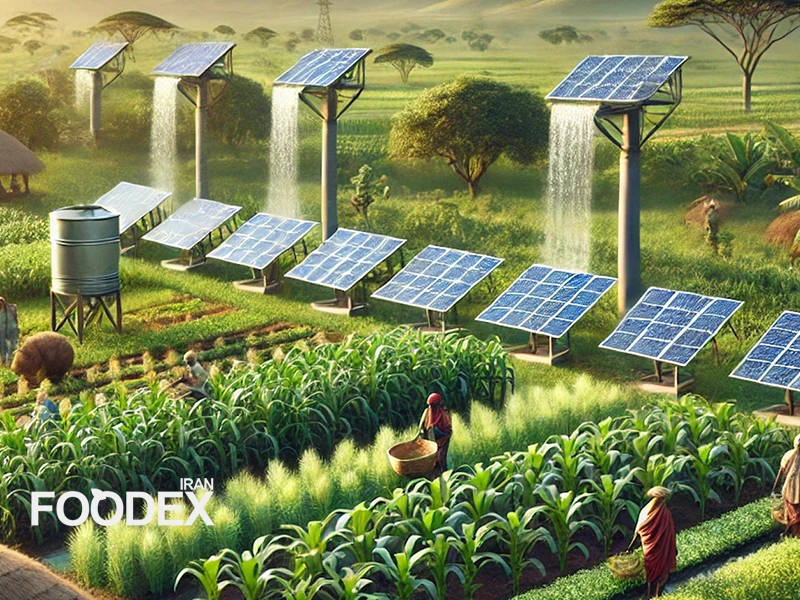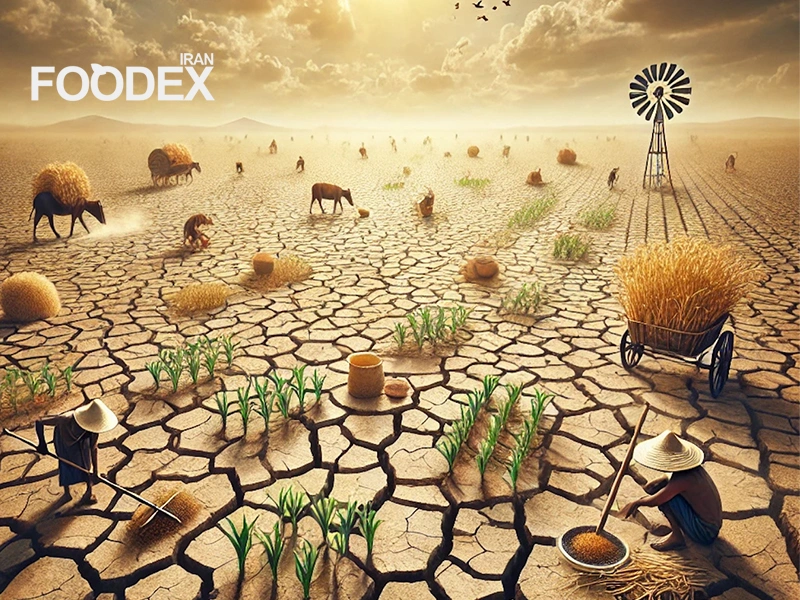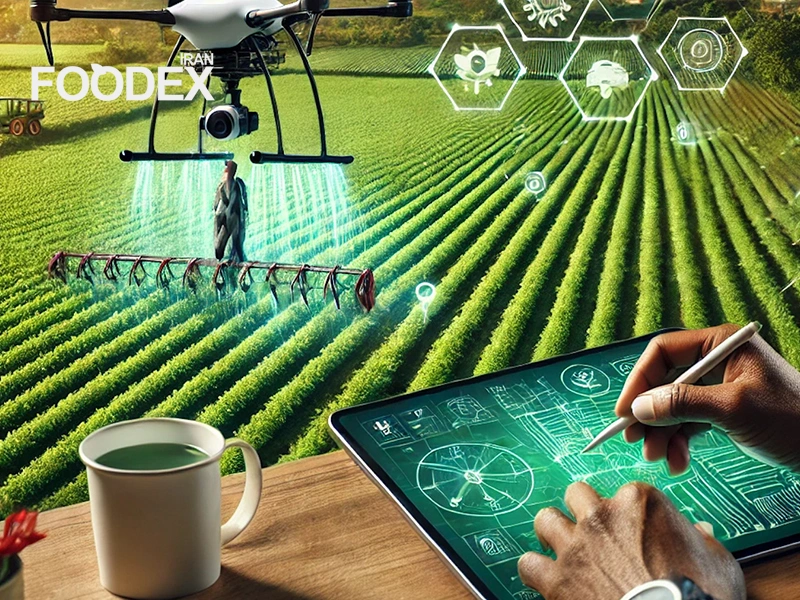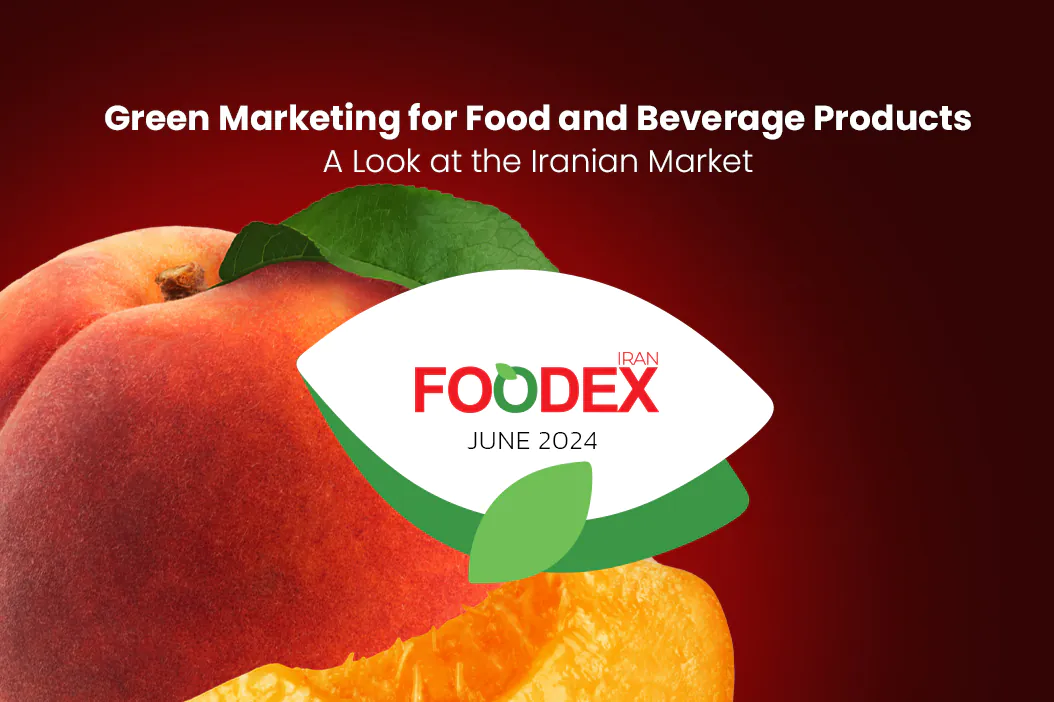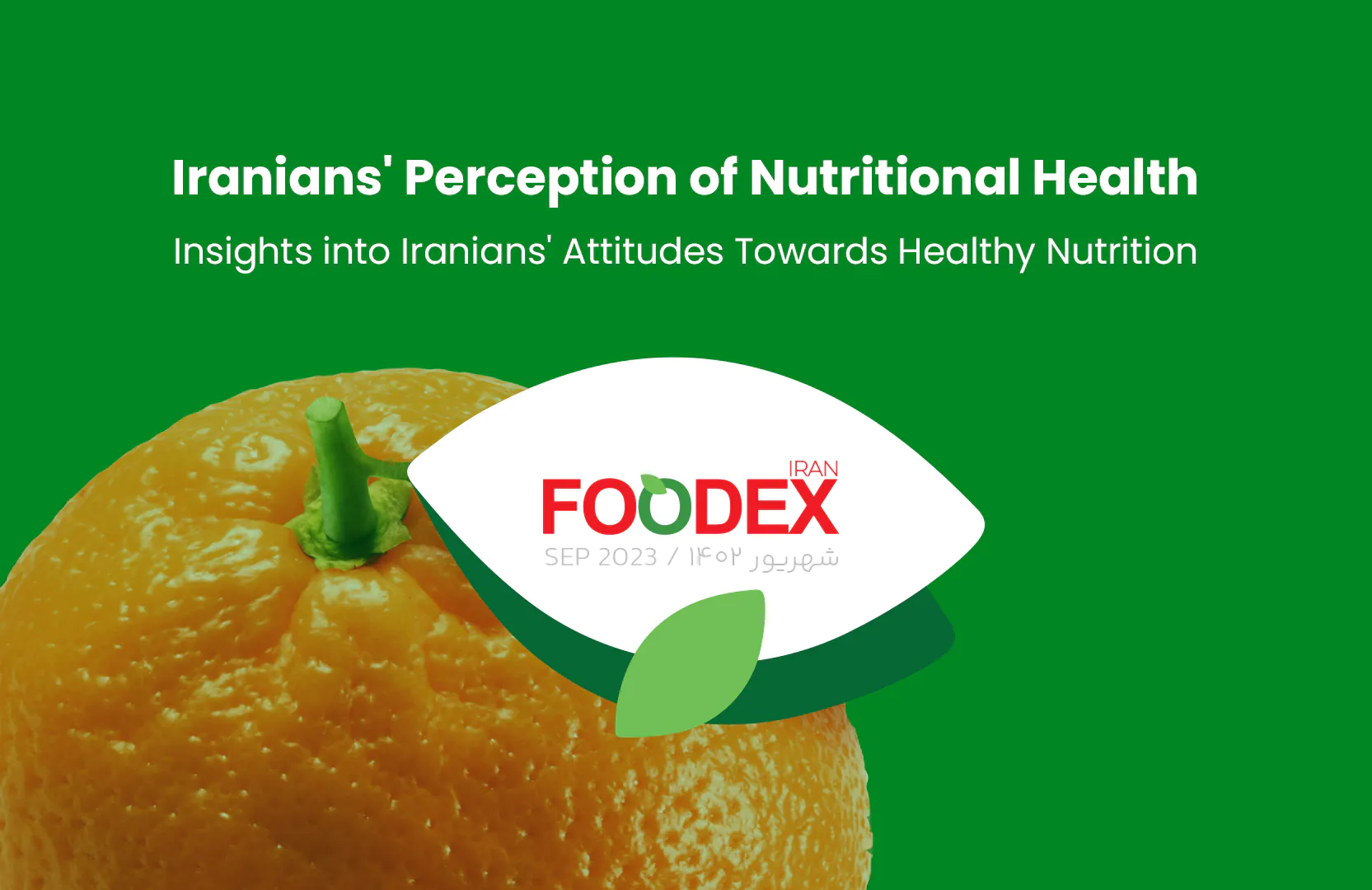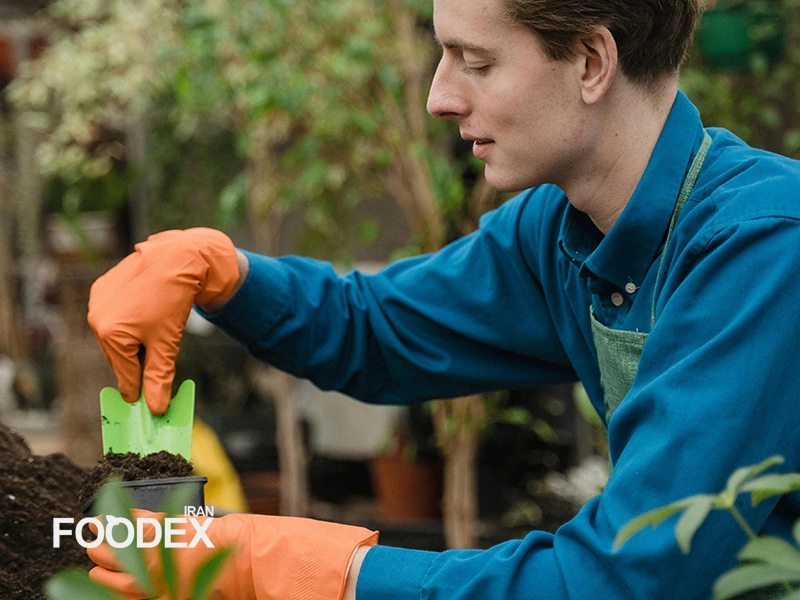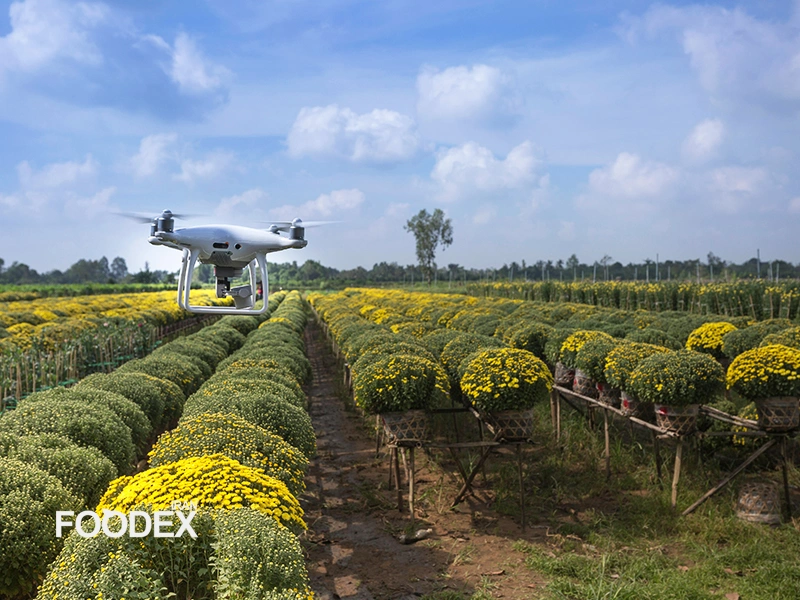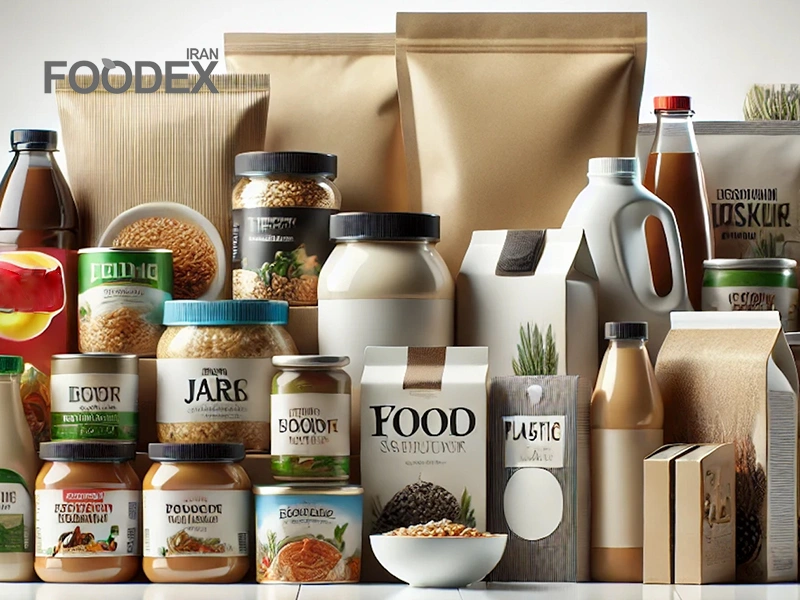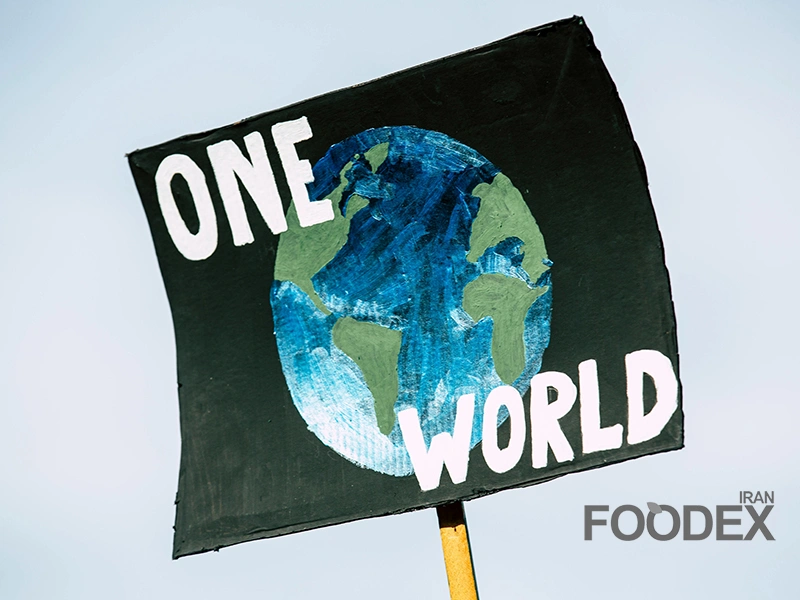Food security remains among the most daunting challenges facing Africa today. We must urgently feed millions. A growing population and climate issues, like droughts, drive this need. But is technology the answer to bridging these gaps? This blog will explore how tech innovations can improve food security in Africa. We’ll share some success stories in this field.
Food Security Challenges
Population Growth
Africa’s population is expanding rapidly. By 2050, the continent is estimated to host approximately 2.5 billion people. This unprecedented population growth strains existing agricultural systems. We must drastically increase food production to meet the rising demand.
Climate Change
Climate change remains one of the most significant threats to Africa’s agriculture. Frequent droughts, erratic rains, and sudden floods hurt crops. To the smallholder farmer dependent on the weather for his harvest, these changes are devastating.
Infrastructure Gaps
Most of Africa still lacks modern infrastructure necessary for large-scale and efficient farming. The lack of irrigation, transport, and storage systems wastes much of the crop. As such, farmers’ productivity and incomes go down.
How Technology Can Improve Food Security
Precision Agriculture
Precision agriculture is a godsend to improve productivity and minimize wastage. Drones, smart sensors, and GIS update farmers on real-time conditions of the soil and health of crops. Consequently, they will make the best decisions on the resource usage. It helps farmers in managing water, nutrients, and fertilizers. This will raise yields and cut down waste.
Smart Irrigation Systems
Smart irrigation systems decrease water usage and increase crop yields. This is one of the major technologies. These systems minimize water wastage through delivery to the root level. It is of paramount importance in arid parts of Africa, where water is extremely scarce. This makes every drop count.
Big Data and Predictive Analytics
Big data predict the weather, crop cycles, and resources for farmers. Farmers can plan farming cycles with minimum waste. They can then make better decisions on planting and harvesting seasons by studying patterns in weather, soil health, and previous crop performance. It can lead to better use of resources and increased resilience to environmental challenges.
Genetically Engineered Seeds and Climate-Resilient Crops
One of the important innovations in African agriculture involves developing drought-resistant, climate-adaptive seeds. The seeds are engineered. They thrive in challenging conditions, like poor soil and low rainfall. These seeds can support farmers in vulnerable regions. They can sustain or increase their yields as climate change worsens.
Data and Statistics
The FAO reports that more than 30% of the African continent suffered from food insecurity in 2023. And because of climate change with a lack of water, crop yields have fallen by 15-20% in many places. It is expected that modern technologies in agriculture could boost its productivity up to 50%. They might just be able to feed the ever-increasing population.
Case Study: Ethiopia
The government of Ethiopia has succeeded in improving food security through technology-driven innovations in agriculture. Smart irrigation techniques and drought-tolerant seeds boost yields in staple crops of maize and wheat. Similarly, international organizations have enhanced access to weather data and GIS technologies for small-scale farmers, which reduced crop loss and increased productivity.
Eco-Friendly Agriculture in Africa
Read MoreConclusion
New technologies to advance food security in Africa include precision farming, smart irrigation, and climate-resilient seeds; these can tremendously improve the efficiency of farming. This is very important in light of rapid population growth. In order to apply these technologies, we need more investment in infrastructure, education for farmers, and supportive policies that will allow full use of these innovations. Cooperation by governments, the private sector, and global groups holds the key to a future in which Africa feeds itself and leads the world in food security.
Sources
FAO (Food and Agriculture Organization)
World Economic Forum (WEF)
World Bank Agricultural Reports
Ehsan Allahverdi
Executive Manager of Foodex Iran
Marketing Consultant for Leading Food & Beverage Brands
website | linkedin

